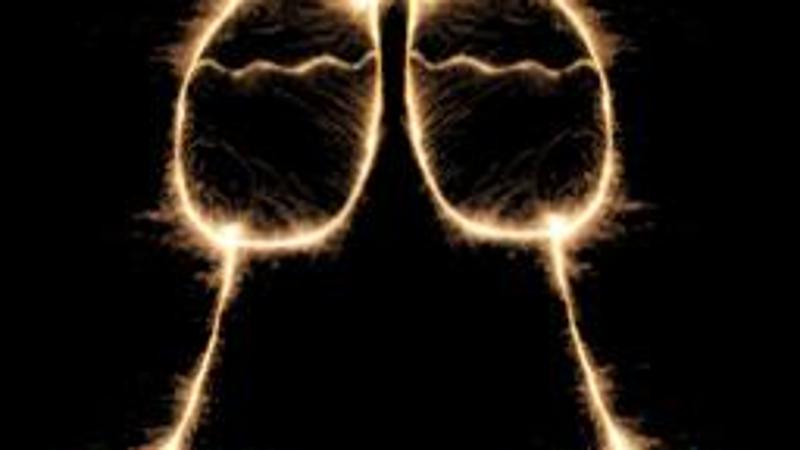
It is known that chocolate and red wine can play a role as antioxidants in our body. But an event in Brisbane this week will reveal which chemicals make our favourite foods taste great - or off.
Queensland University of Technology (QUT) is helping present Radical Wine and Chocolate at the Queensland Museum on Friday, August 26 as part of National Science Week.
The event will bring together food lovers, chocolate and wine experts and academics from the ARC Centre of Excellence for Free Radical Chemistry and Biotechnology, a national research centre across six universities, including QUT.
Professor Steven Bottle, from QUT's Faculty of Science and Technology, said natural antioxidants in dark chocolate, red wine and coffee helped fight harmful free radicals that have been linked to heart disease and neurodegenerative conditions such as Alzheimer's and Parkinson's disease.
"It's a constant war between good free radicals and bad free radicals. Chocolate and red wine, if you consume them in moderate amounts as part of your diet, can give your body a hand in its defence against bad free radicals as you age," he said.
"Many of the free radicals responsible for the ageing process also contribute to the spoilage of wine and the rancidity of food."
QUT Vice-Chancellor Research Fellow Dr Kathryn Fairfull-Smith said the event, which also involved free radical researchers from the University of Queensland, would make people aware of some of the organic molecules in popular foods.
Dr Fairfull-Smith will help the public conduct experiments measuring acidity and sugar levels in different wines.
People attending the event will also learn to identify nose-pleasing chemicals such as marzipan, as well as other molecules responsible for a bad wine tasting experience.
"The public will use their sense of smell to identify common additives or fermentation by-products found in wine and we will show them which molecules are responsible for these aromas," she said.
"The vinegary, tart taste from a bottle of wine that's off, for example, is caused by bacteria oxidising ethanol.
"If you're storing wine in containers that aren't sealed properly or at the right temperature, then this oxidisation process can occur where the ethanol is turned into acetic acid, which gives the wine a harsh aftertaste."
Chocolate demonstrations also will be part of Radical Wine and Chocolate, with wine and chocolate retailers offering tastings and sales.
Professor Bottle said the event would draw attention to ongoing research into free radical chemistry and biology, including work at QUT to develop new therapeutic compounds derived from natural sources and the synthesis of other novel antioxidants.
Visit www.scitech.qut.edu.au/industry-community/events/public for information.
Media contact: Stephanie Harrington, media officer, 3138 1150, stephanie.harrington@qut.edu.au


